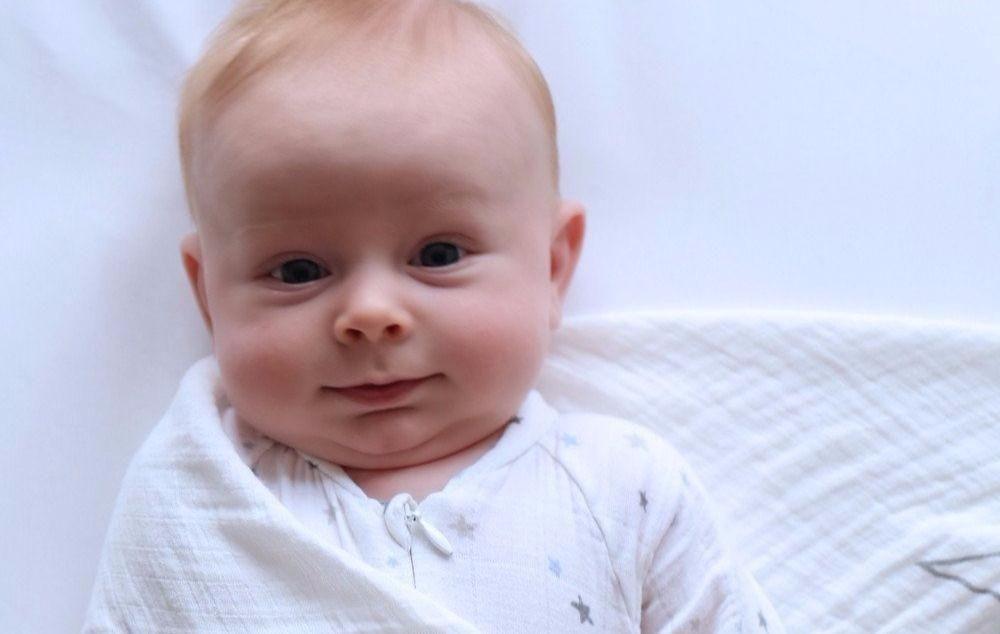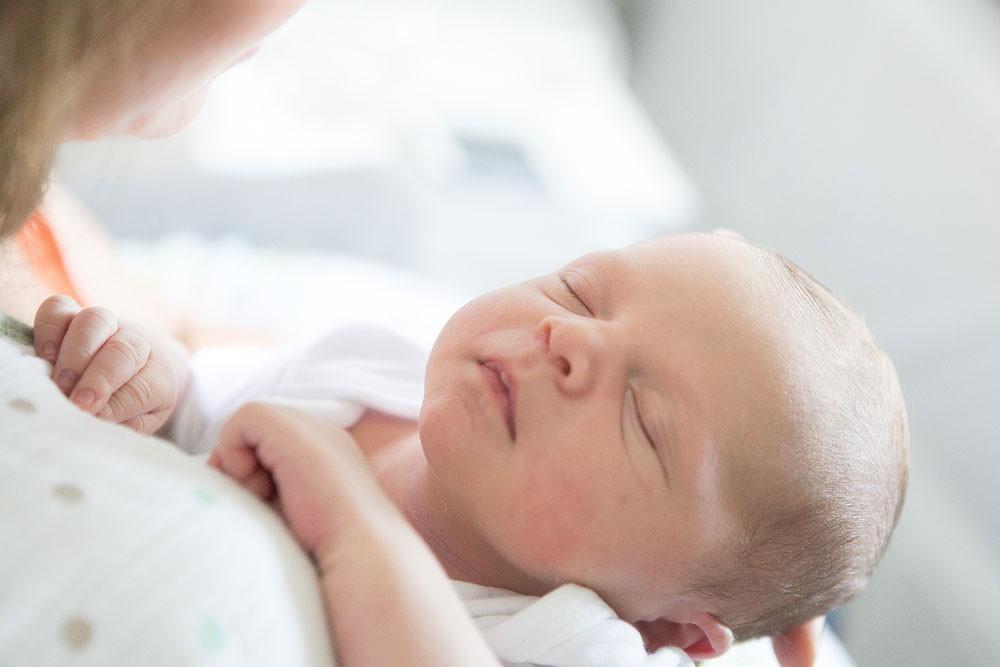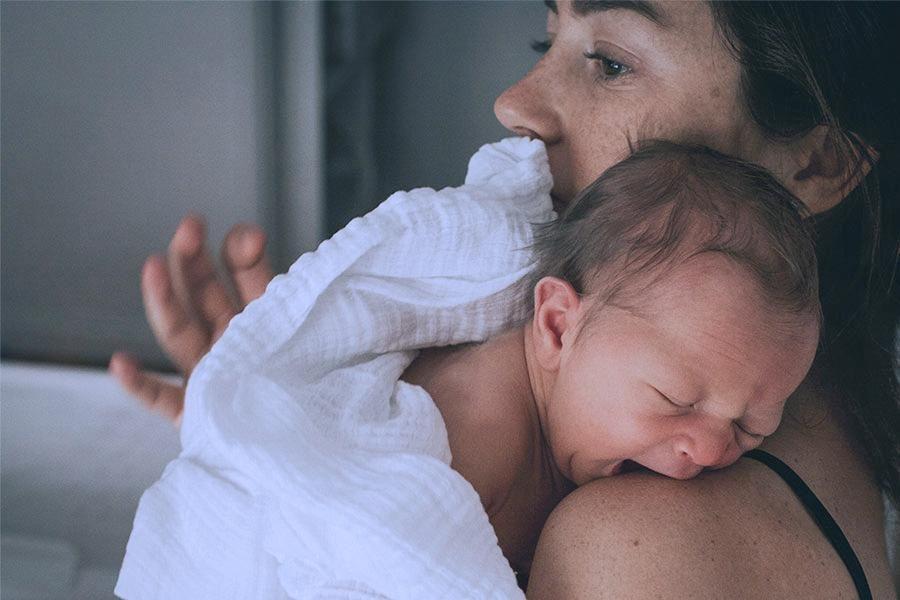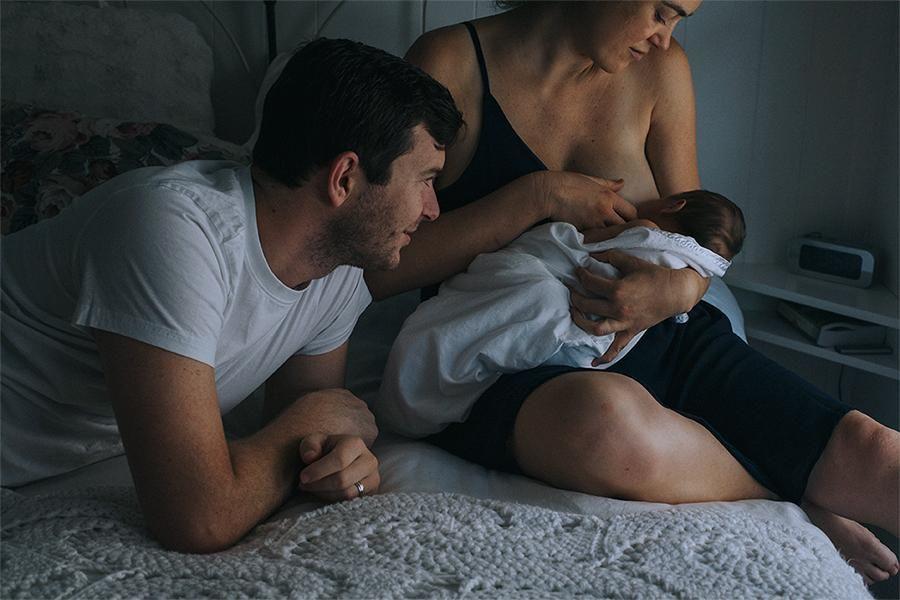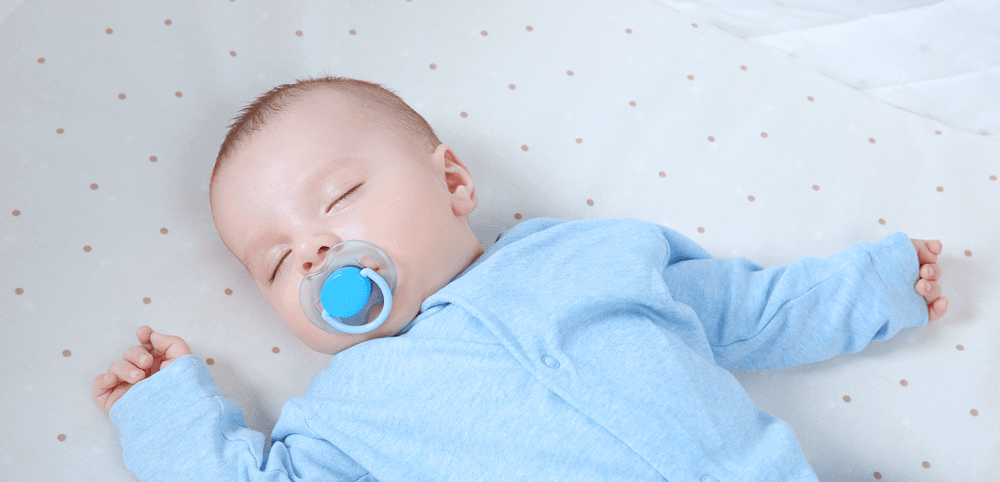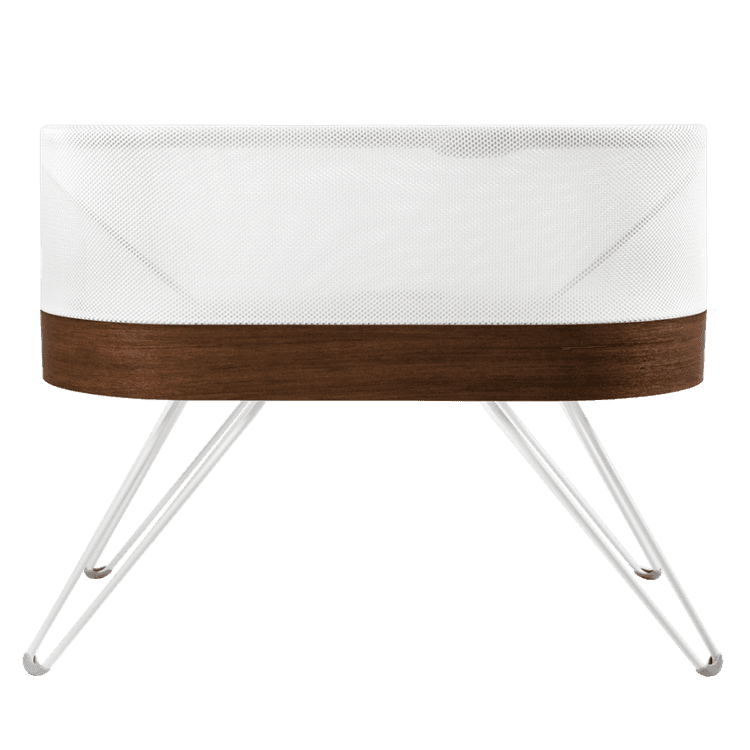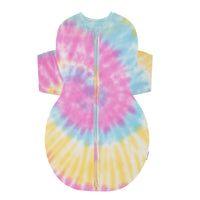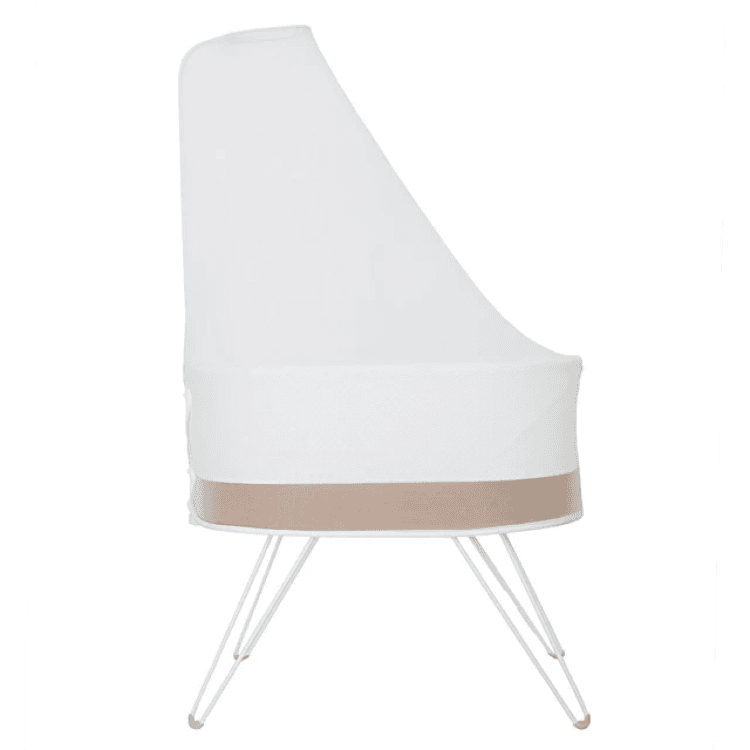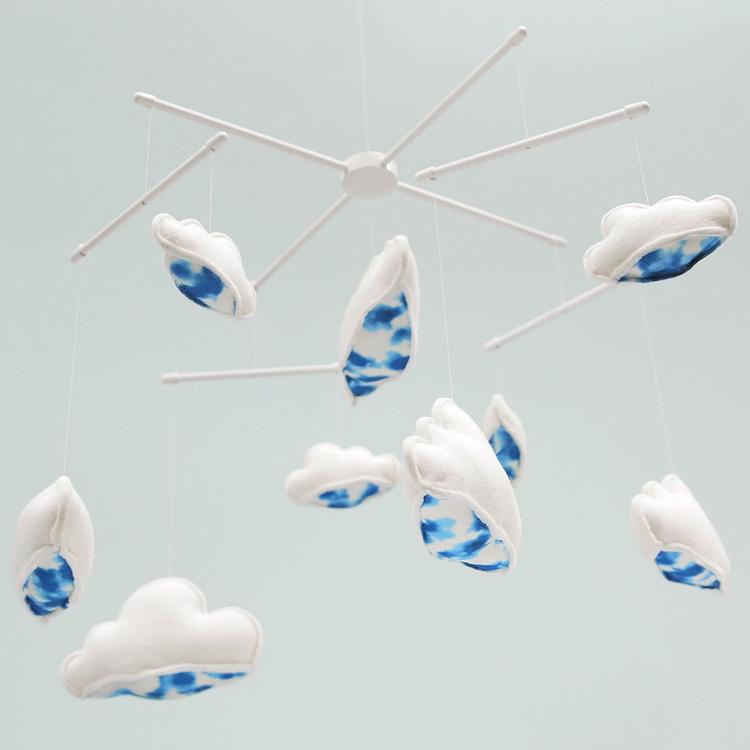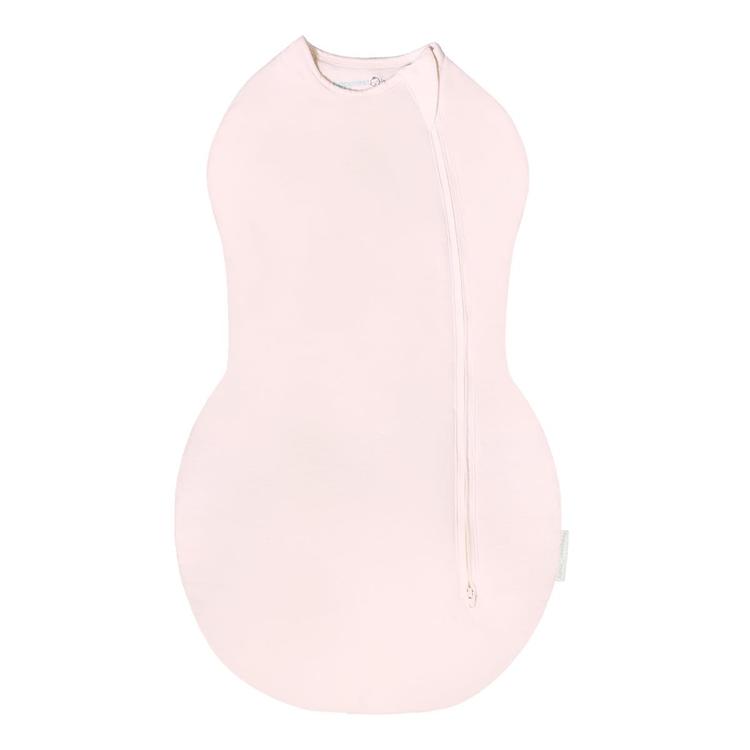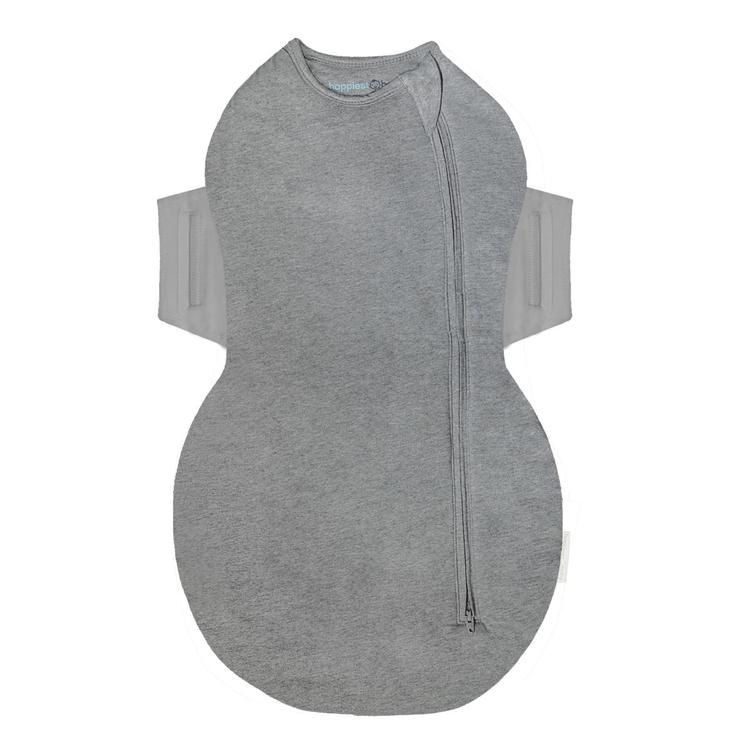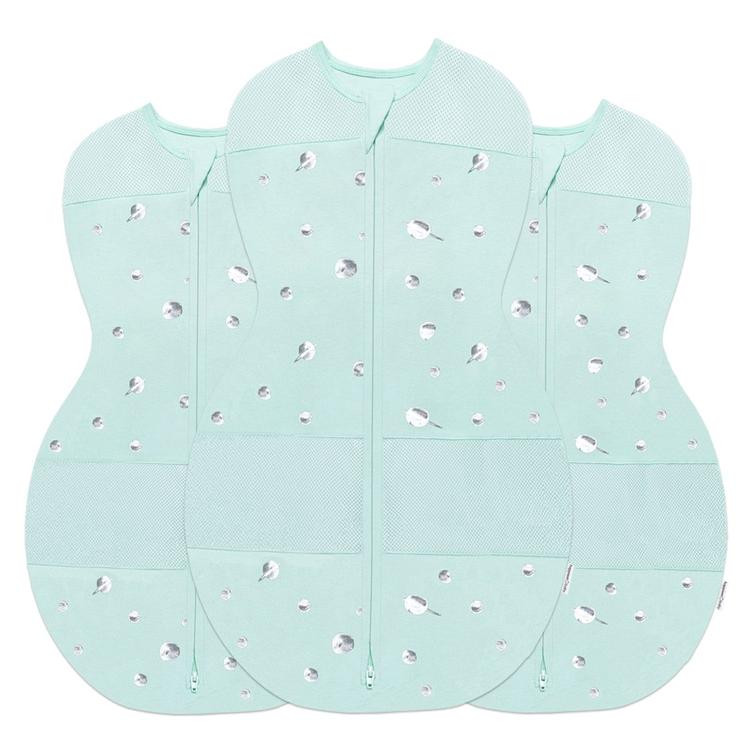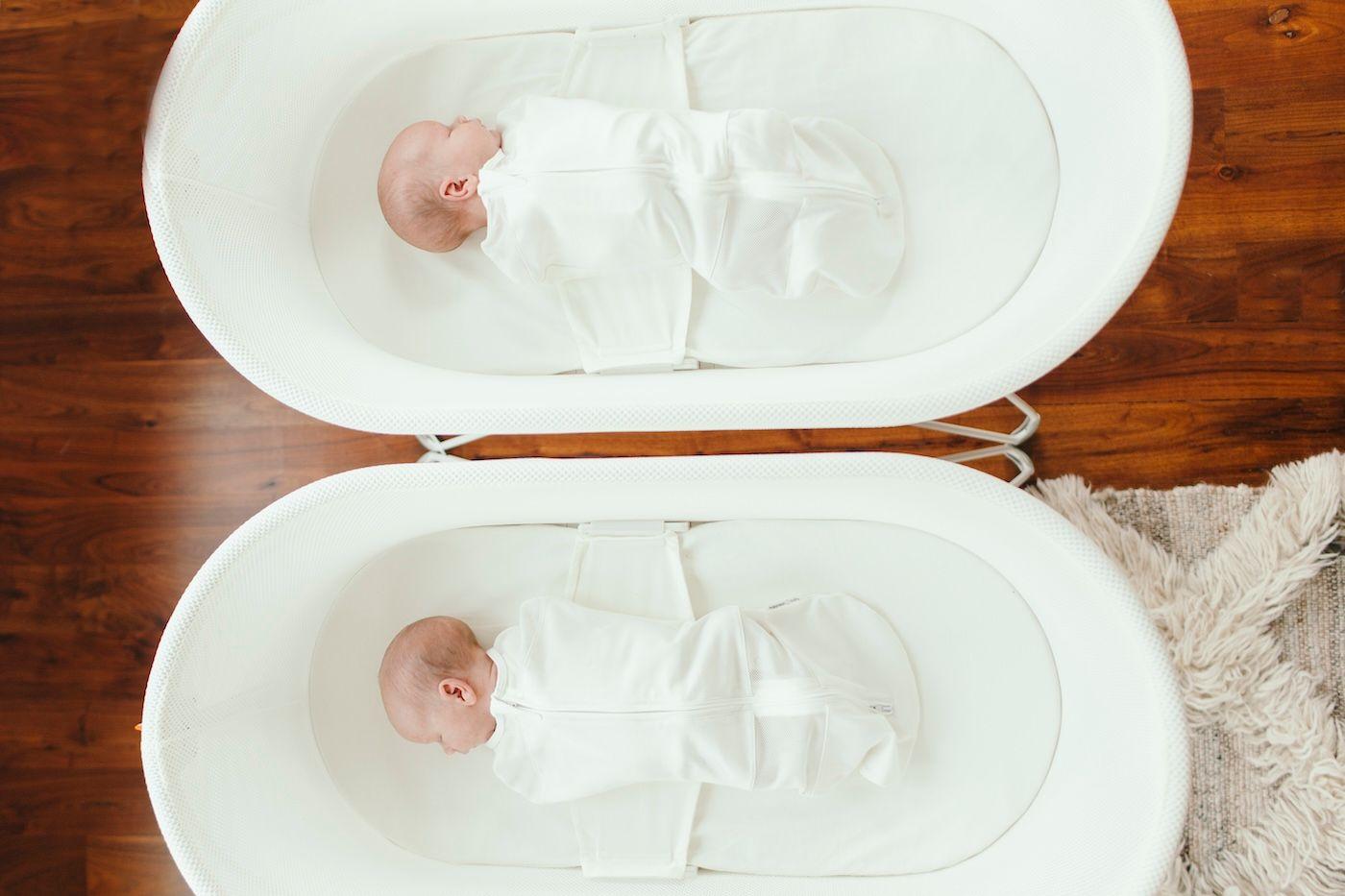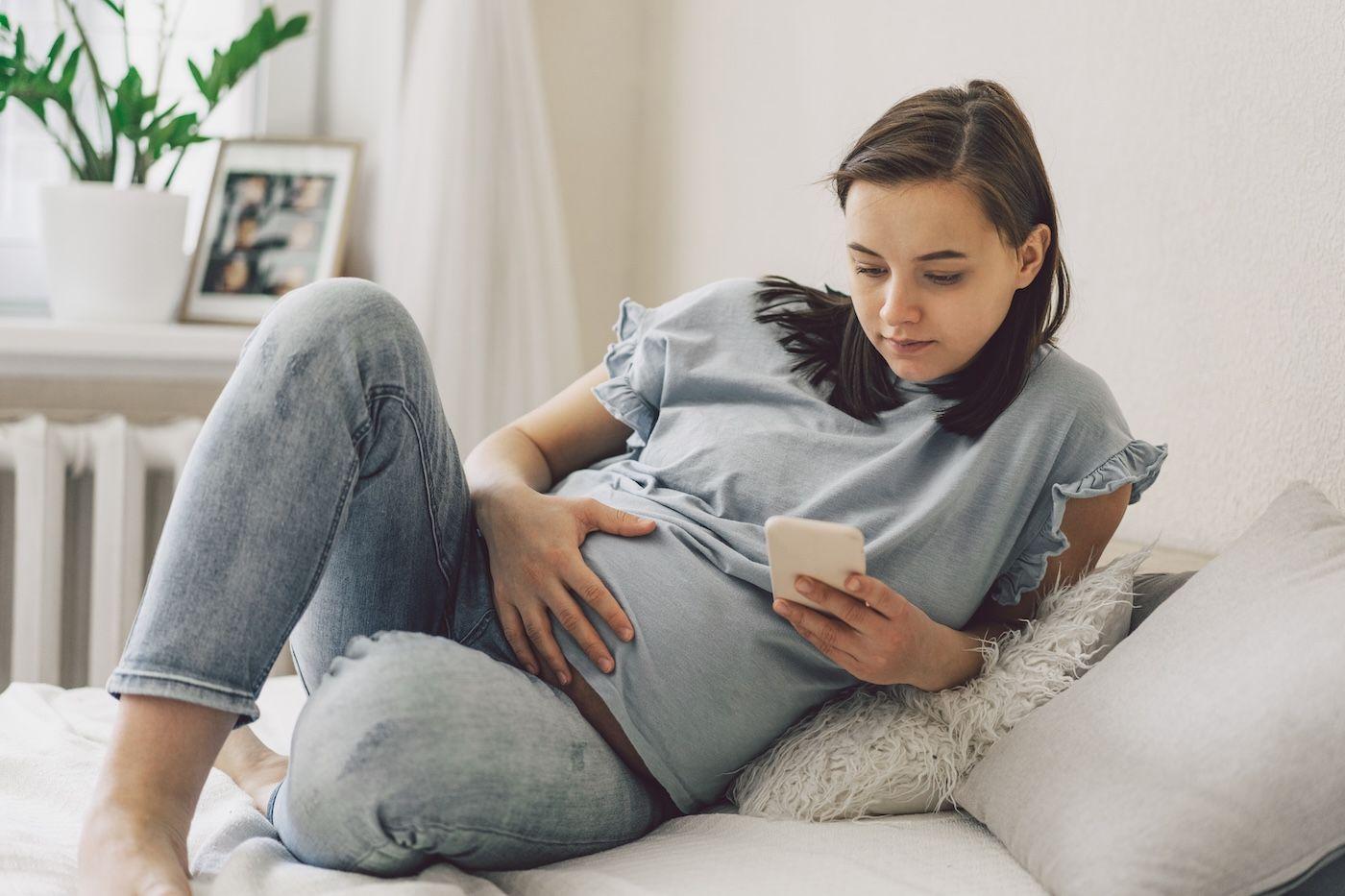PREGNANCY
Pregnancy and Coronavirus: What You Need to Know About COVID-19
Here is what you should know about pregnancy, breastfeeding, and caring for a newborn during the COVID-19 pandemic.

Written by
Dr. Harvey Karp
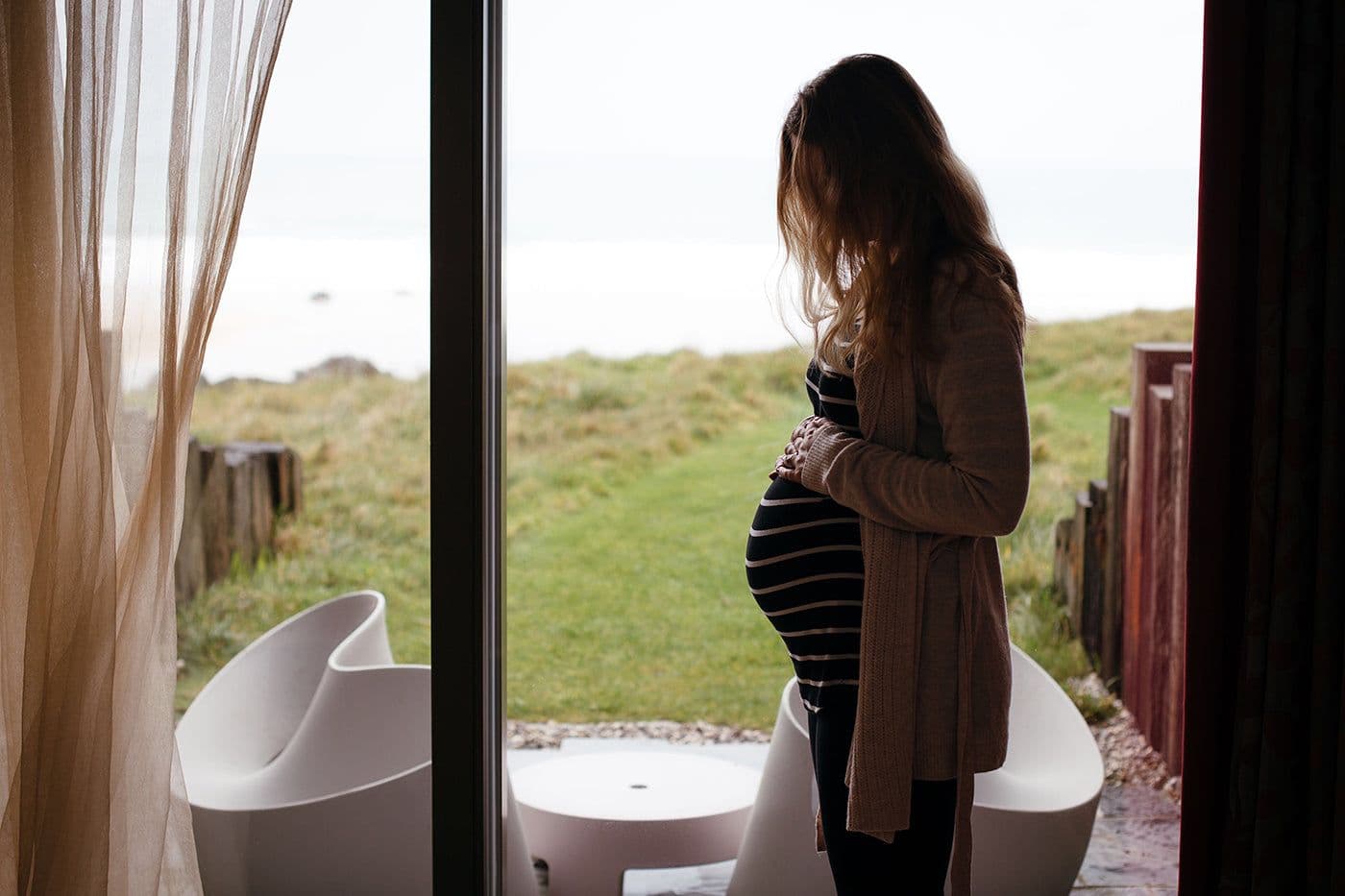
We want parents to have the most reliable information about COVID-19, so we will update this article with new information as it becomes available.
Pregnancy and COVID-19
Pregnant women’s bodies undergo changes that can cause a bit more susceptibility to some viral infections, but it is not clear whether or not that includes COVID-19. Currently there are no recommendations specific to pregnant women regarding the evaluation or management of COVID-19. Of course, to be safe, if you are pregnant take all the usual precautions, like lots of hand washing and steering clear of crowded public places and sick people.
At this time, there are several studies underway about how COVID-19 affects the babies inside too. Some suggest that the virus can cross the placental barrier to reach the foetus in utero. However, other studies find that is very rare and that the risk to the foetus is minimal. In a recent small study of Chinese infants born to mothers infected with COVID-19, none tested positive for COVID-19. But, a new study published in the journal JAMA Pediatrics found that of 33 mothers with COVID-19, three gave birth to babies with COVID-19. Two were born full-term and one was born about 9 weeks premature, but they all recovered within about a week.
What is the biggest COVID-19 risk to a new family? Probably having both parents get sick, leaving no one to care for the baby. Be extra safe! Stay away from people, wash hands, wear a mask in public…and wash your hands again! And, just in case, have a backup caregiver plan in place.
You can stay healthy…but you have to take all this very seriously.
Should pregnant women plan on self-isolating for longer than the general public to protect their babies from COVID-19?
At this time, very little is known about COVID-19, particularly related to its effect on pregnant women and infants, and there currently are no recommendations specific to pregnant women regarding the evaluation or management of COVID-19.
To the best of our knowledge, young children do not seem to be very effected by the virus. In limited recent case series of Chinese infants born to mothers infected with COVID-19, none of the infants have tested positive for COVID-19.
Should I skip my antenatal or postnatal appointments?
Social distancing is important—but so is your and your baby’s health! Check with your maternity unit to find out which appointments might be done virtually. For ultrasounds, tests, and your final antenatal appointments, your maternity unit will probably want to see you in person, but there might be some appointments that can be done from afar! For in-person appointments, see if you can find a time when you can interact with the fewest number of people. Or you might be able to bypass the waiting room altogether: Ask if you can wait in your car and they can call or text you to let you know they are ready to see you.
What about breastfeeding and coronavirus?
When possible, it is healthiest for babies to breastfeed. Breastmilk contains white blood cells and antibodies that help fight against infection. Mums with COVID-19 (or mums who are getting ill with a cold or fever and cough) should avoid spreading the virus to her infant by washing hands before touching the infant and wearing a face mask, while breastfeeding. It is also advised to wash hands before touching any pump or bottle parts and follow recommendations for proper pump cleaning after each use.
In very limited report to date, no virus has been found in the breastmilk of women infected with COVID-19. (Read more pregnancy guidelines from the Royal College of Obstetricians and Gynaecologists.)
There is a lot of talk about the third trimester right now, but how might COVID-19 affect expecting mums in their first trimester?
Unfortunately, there is so much we do not understand about how this totally new virus affects children and adults. For example, we do not know if it might lead to more miscarriages. We know that some viruses (like Zika and German Measles) can cause serious birth defects when contracted during the first trimester, while others (like measles and influenza) do not.
I am due soon and am nervous about what the hospital situation will look like. Any advice?
We understand this must be a very scary situation to be in with the future being so uncertain. We recommend speaking with the hospital and maternity team to learn about special protocols they have in place during this time and recommendations they may have. Many hospitals have banned visitors, and for some hospitals, that includes banning partners and support people in the delivery room.
I heard some hospitals are inducing women a week early (at 39 weeks). Why are they doing that—and is it safe?
During this COVID-19 crisis, the birth plans of tens of thousands of women across the country are being turned upside-down. Midwives are giving care over the internet, instead of the office and hospital birth centres are limiting or outright banning visitors.
In addition, one new practice that some are trying out is to offer elective early delivery to mothers at the very end of pregnancy (39/40 weeks). The goal of early delivery is to hurry and deliver babies before the tsunami of COVID-19 hits the hospital and adds the risk of maternal coronavirus infection or hospital exposure to all the other issues around newborn delivery and care.
This is an interesting possibility, but early delivery also may cause significant problems. While some research suggests that inductions at 39 weeks may reduce the need for a C-section, another study indicates that it can actually increase the duration a mum and baby have to be in the hospital. (Studies show that induced labour lengthens the birth process.)
Is a home birth safer than a hospital birth right now?
Safe home births require a great deal of planning. You need a great certified nurse midwife and a cooperative community hospital, with an obstetric unit back up. If you are late in your pregnancy, and had been planning a hospital birth, I would recommend sticking with your plan. But you should check with your hospital to find out what protocols are in place to keep you and your baby healthy. If you are seriously considering a home birth, take a look at my advice for planning a safe home birth.
Is now a good time to conceive?
This period will pass. Pandemics do not last forever, and we will develop vaccines and medical treatments for COVID-19. So, our best guess now is that getting pregnant over the next 6 months should not pose an added risk to mothers or babies.
How does COVID-19 affect newborns?
We are still learning how COVID-19 affects newborns differently than older children, but we do know that in the first 4 months of life babies are especially vulnerable to illness, and the AAP recently reported that infants are more likely than older children to get severely ill. For more information and for tips about coronavirus and babies and kids, see our parents' guide to COVID-19.
Is it safe to take my newborn to their newborn physical examination?
As you are very well aware, social distancing and avoiding public places is super important. In fact, it is even more important for your health. Fortunately, babies seem to fight the virus better than adults, but if you get seriously ill, it could be devastating. On the other hand, it is definitely important to make sure your baby is healthy and thriving.
Ask your provider for their recommendation: Can they do the exam over the internet? If you have to go to the office, can they meet you at your car, so you don’t have to go inside their building/office? Or, is there is a time of day you can come to be exposed to the fewest people? Many health professionals’ offices have special protocols for newborns. And, while you're speaking to your doctor, it would be good to ask what you should do if there is an emergency: Which A&E should you go to? Who will meet you there? Is it possible to get a house call? (I know, it is a crazy idea, but you won't know until you ask!)
More COVID-19 information and resources for families:
- What Parents Need to Know About COVID-19
- What Parents Need to Know About Finding a Backup Caregiver in Case of Emergency
- 23 Easy Indoor Activities for Kids—That Don't Require a Craft-Store Run
- 20+ Virtual Resources to Entertain Cooped-Up Kids
- 20+ Simple At-Home Stress-Relievers for Parents
Disclaimer: The information on our site is NOT medical advice for any specific person or condition. It is only meant as general information. If you have any medical questions and concerns about your child or yourself, please contact your health provider. Breastmilk is the best source of nutrition for babies. It is important that, in preparation for and during breastfeeding, mothers eat a healthy, balanced diet. Combined breast- and bottle-feeding in the first weeks of life may reduce the supply of a mother's breastmilk and reversing the decision not to breastfeed is difficult. If you do decide to use infant formula, you should follow instructions carefully.
SHARE THIS ARTICLE
PARENT PICKS
Bestsellers

